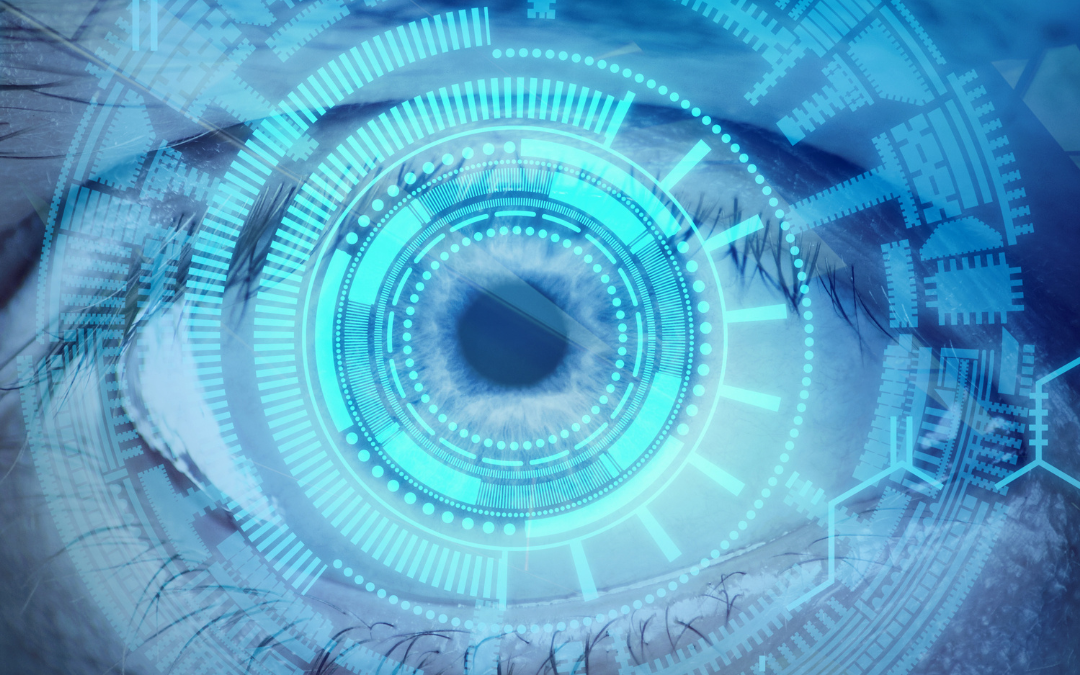
Biometric Security is the Future of Identity Verification
Blog Post
Biometric Security is the Future of Identity Verification
In an increasingly driven digital world, protecting sensitive data and ensuring secure access to information has become a critical concern. Traditional password-based authentication systems are often vulnerable to hacking and phishing attacks, leading to a rise in data breaches and identity theft. As technology continues to advance, biometric security has emerged as a solution to enhance identity verification and authentication processes and protect sensitive data. By leveraging unique physical traits, biometrics offers a higher level of security. As we dive into the future of biometric security, this blog will cover its benefits, and its potential impact on the digital landscape.
The Rise of Biometric Security
In today's digital landscape, ensuring the security of our personal information has become more crucial than ever. This is where biometric security comes into play. Biometric security revolves around using unique physical or behavioral traits to verify and authenticate an individual's identity. It's a cutting-edge approach that replaces traditional passwords with features that are inherently difficult to replicate. Imagine unlocking your device not with a password that can be forgotten, stolen, or guessed, but with a quick scan of your fingerprint or a glance at your face. These are examples of biometric technologies in action. Fingerprint recognition, facial recognition, iris scanning, voice authentication, and even DNA profiling are some of the most common biometric methods used to safeguard our digital lives.
What sets biometric security apart from other security measures is its reliability and accuracy. Unlike passwords, which can be easily compromised, biometric data is truly unique to each person, making it exceptionally hard to replicate. This uniqueness makes biometric authentication an ideal solution for ensuring robust security measures. Not only does it enhance its level of protection but also streamlines the authentication process, offering a seamless and convenient user experience. With the ever-evolving advancements in technology, biometric security is becoming more accessible and widespread across various industries, thus reshaping how we interact with digital systems to ensure a safer digital future.
Transforming Industries and Redefining User Experience
As the landscape of technology continues to evolve, the influence of biometric authentication is reshaping the way we interact with digital systems. The potential impact spans across sectors, offering heightened security and an entirely new user experience. If we take for example, the financial sector, where biometric authentication is already being used, online banking and payment systems offer enhanced security through a seamless user experience. Users can access their accounts and make transactions with a fingerprint scan or facial recognition, replacing the need for passwords and risk of unauthorized access to sensitive data. Biometric payment methods eliminate the need for physical credit cards or cash, reducing the likelihood of fraudulent activities. This innovation not only enhances security but also simplifies the checkout process, providing customers with a swift and efficient shopping experience.
Also, the healthcare industry stands to benefit significantly from biometric authentication. Patient identity verification, a critical aspect of healthcare services, can be greatly improved through biometrics. By utilizing fingerprint or iris scanning, hospitals and medical institutions can ensure accurate patient identification, which ultimately enhances patient care and reduces errors. But the transformation doesn't stop there. Biometric security is already becoming a staple feature in mobile devices, enabling users to unlock their smartphones and access sensitive information seamlessly. The widespread adoption of biometric authentication in everyday scenarios is revolutionizing how we interact with technology. In essence, biometric authentication is more than just a security enhancement; it's a catalyst for change across industries. It's reshaping how we navigate our digital world, offering convenience, heightened protection, and a glimpse into the future of technology-driven interactions. As this technology continues to advance, its influence will only expand, paving the way for a more connected and secure tomorrow.
In conclusion, the world of biometric security offers a thrilling preview of what lies ahead for the future of identity verification and authentication. Through harnessing individual human traits, biometrics stands as a formidable and trustworthy safeguard for protecting sensitive data. With the advancement of technology, the integration of biometrics is poised to expand its presence across diverse industries, ultimately shaping a strong digital landscape. The forthcoming era of biometric security holds the potential to redefine how we shield our identities and engage with technology, marking the course towards a safer, more interconnected world. As this digital journey unfolds, biometrics is to empower us to embrace the digital frontier with confidence, knowing that our personal information is guarded by the precision and dependability of our very own distinct characteristics.
